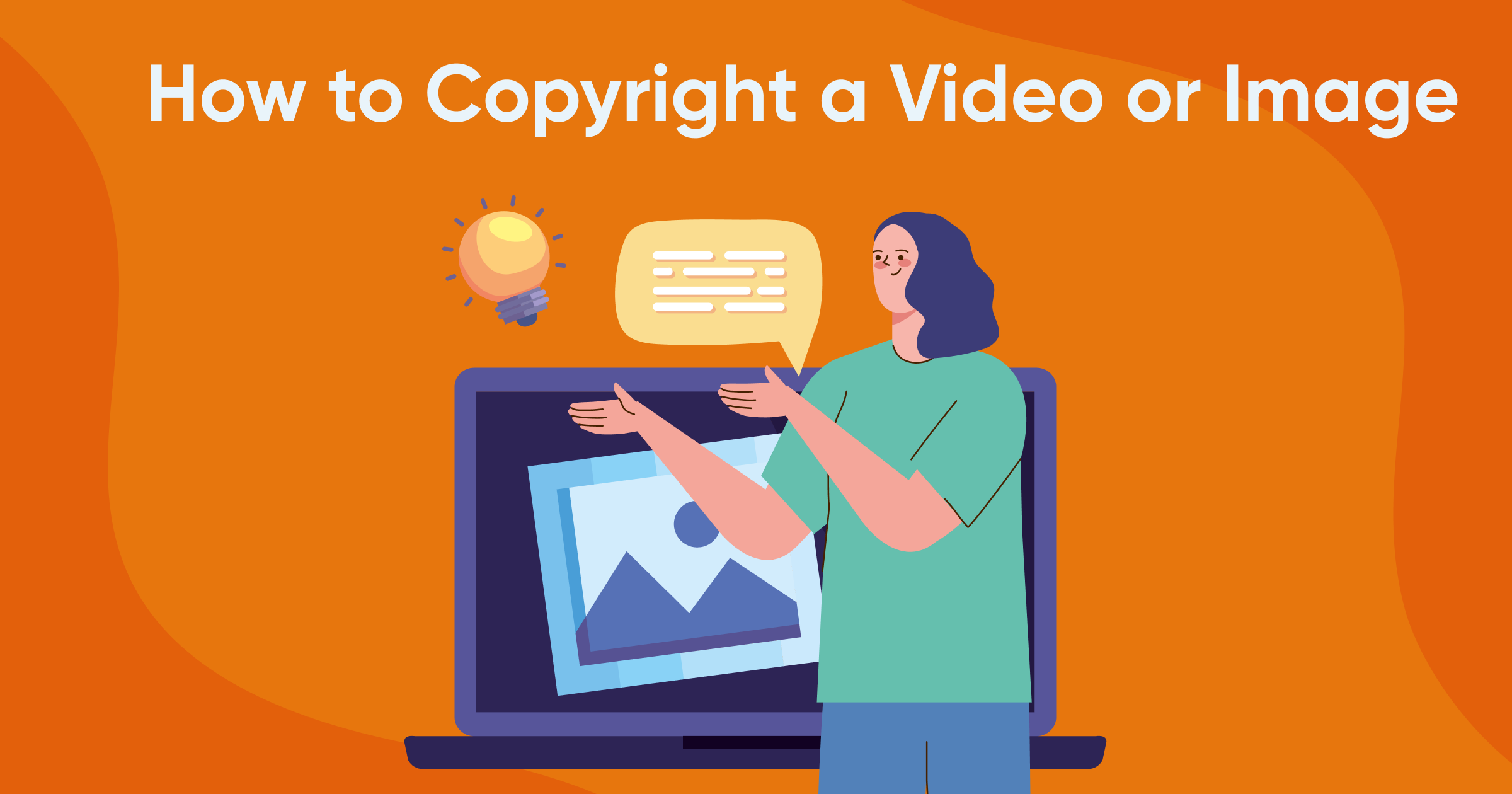India’s animation scene is buzzing, and with all that creativity comes a big job—making sure no one steals your hard work. Whether you’re sketching characters, writing scripts, building storyboards, or animating entire worlds, you need proper copyright protection. Registering your copyright isn’t just a box to tick; it’s your defense against copycats. And if you’re not sure where to start, teaming up with a good copyright lawyer in Delhi or filing online takes the stress out of the process.
Let’s break down how you can protect your animation work in India, step by step.
Why Copyright Protection Matters for Animation Studios
Animation isn’t just about pretty pictures—it’s months, sometimes years, of brainstorming, designing, and perfecting. Without copyright, someone else can swipe your characters or stories and pass them off as their own. Copyright covers:
Character designs
Storylines, scripts, and dialogue
Background art and concepts
Animation frames and sequences
Music, sound effects, and voice work
Promo posters and materials
Registering online gives you legal rights and a clear record that these ideas are yours.
How to Register Copyright for Animation Studios
- Figure Out What You Want to Protect
Animation studios usually have a bunch of creative assets, like:
Full-length films
Shorts
2D or 3D character models
Concept art
Storyboards
Digital artwork
Gather these files, label and date everything. It makes life easier later.
- Get Your Application Ready
When you’re ready to file, you’ll need:
Your details
A clear description of the work
Type of work (artistic, literary, cinematographic, etc.)
Copies or samples
A no-objection certificate, if needed
- File Online
Use the official copyright portal to submit your application—it’s faster and more organized. You’ll get:
Quicker processing
Simple document uploads
Online tracking
Instant digital receipts
Lots of studios bring in a copyright lawyer at this stage to avoid mistakes.
- Tackle Any Questions or Objections
Sometimes the Registrar will ask for more info or spot issues like:
Similar works already listed
Missing paperwork
Disputes over who owns what
If you hit a snag, a professional can help you sort it out quickly.
- Get Your Copyright Certificate
Once everything checks out, you’ll get your copyright certificate. This document:
Proves you own your work
Helps you fight infringement
Lets you license or sell your animation safely
Why Copyright Protection Pays Off
- Stops People from Stealing Your Work
Once registered, nobody can legally use, copy, or share your animation without your say-so.
- Gives You Stronger Legal Backing
You can act fast if someone infringes on your rights—no waiting around, no grey area.
- Lets You Make Money from Your Creations
With proof of ownership, you can confidently license, sell, or even franchise your content.
- Protects Your Studio’s Creative Investment
Your characters, scripts, and artwork stay yours—now and in the future.
Mistakes Studios Should Avoid
Don’t wait too long to file
Don’t rely on digital timestamps alone
Don’t share anything unprotected online
Don’t skip registering supporting materials
Don’t submit incomplete applications
FAQs
- Is copyright registration a must for animation studios?
It’s not required by law, but it’s strongly recommended. It gives you solid legal proof and protection.
2. Can I register copyright online?
Yes, the official portal makes the whole process easy for Indian creators.
3. What can I protect under animation copyright?
Characters, scripts, voices, backgrounds, soundtracks, motion sequences, and artwork—all of it.
4.How long does registration take?
It varies, but filing online speeds things up.
5. Do I need a copyright lawyer in Delhi?
Not absolutely, but a lawyer helps smooth out objections and paperwork.
Final Thoughts
Copyright protection isn’t just a formality for Indian animation studios—it’s your ticket to keeping your creations safe and valuable. Whether you go it alone online or get help from a copyright lawyer, registering early keeps your work secure and your studio’s future bright. Don’t wait—protect your ideas before someone else tries to claim them.

Leave a Reply